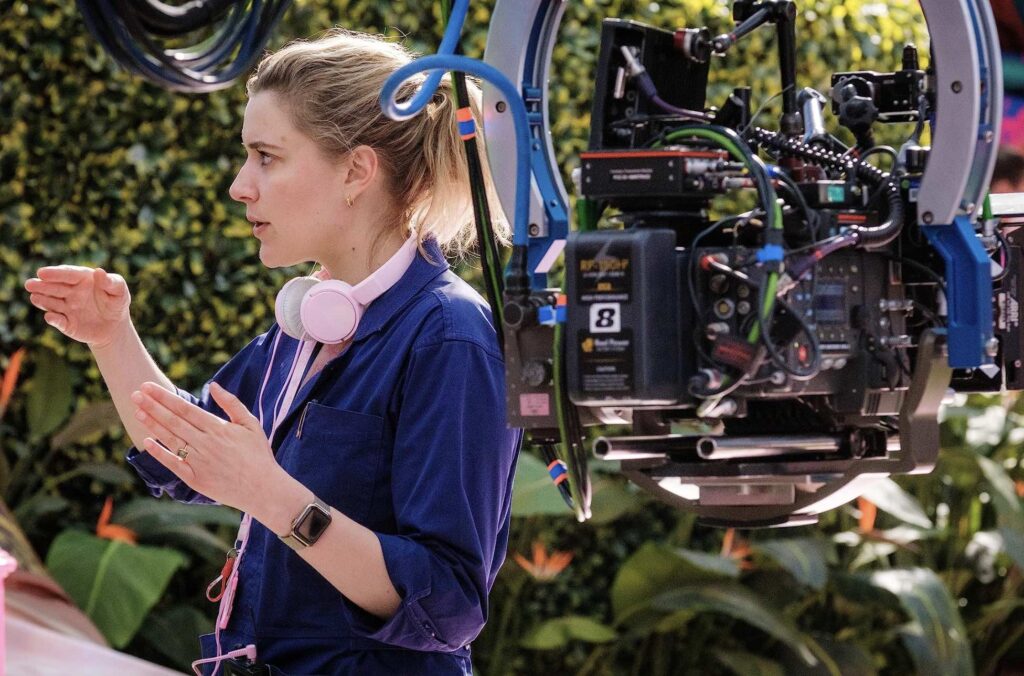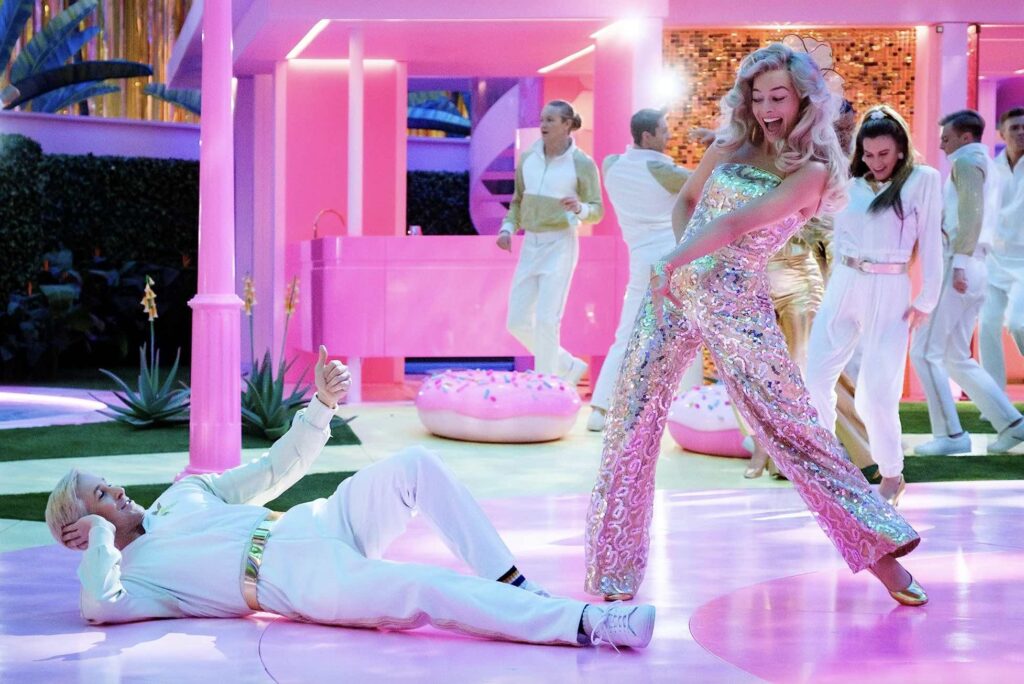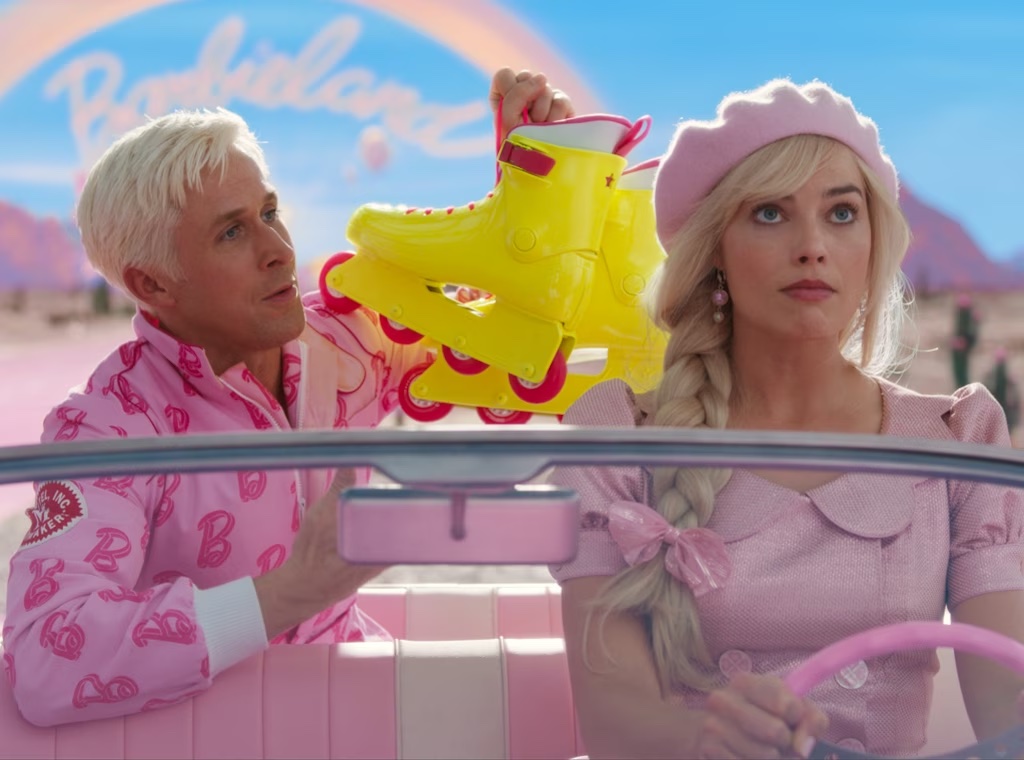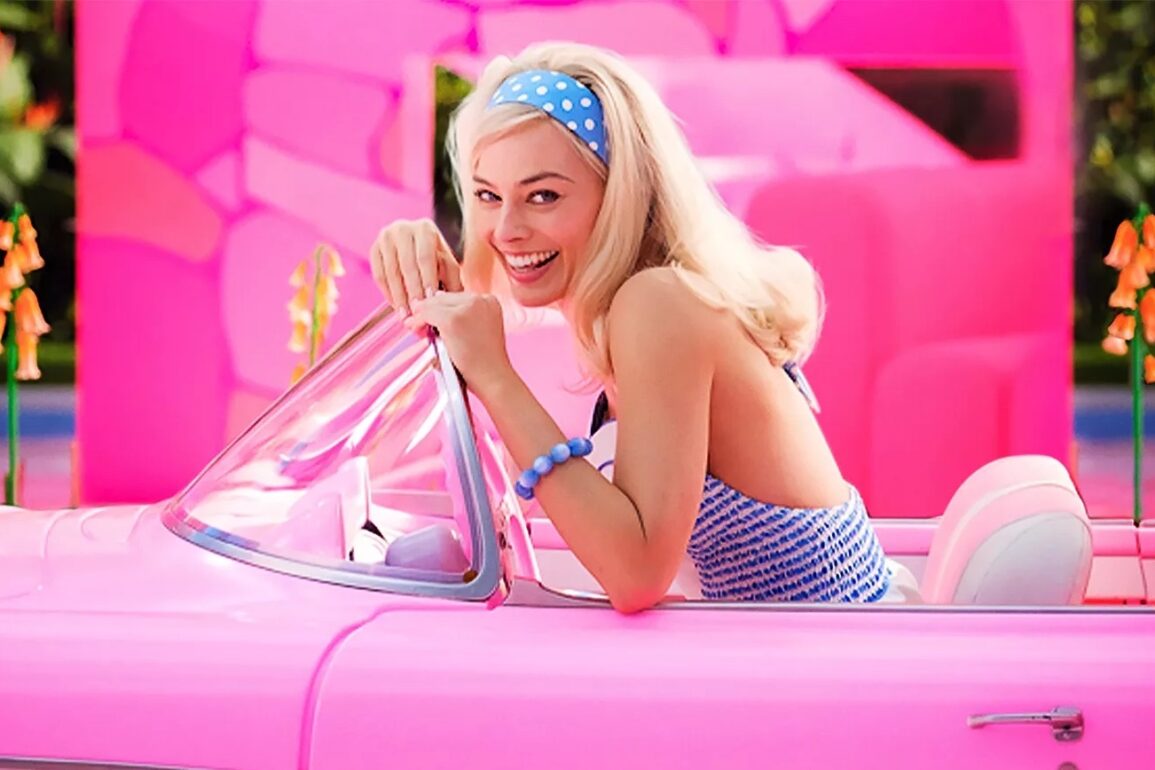Greta Gerwig’s badass movie about a doll achieves unprecedented commercial success.
I was hoping not to add another entry to the Barbie Essay Writing Contest. However, here we are. Do I really need to contribute to the noise that has been reverberating all over social media about how the Margot Robbie-led movie of the summer almost single-handedly resuscitated the ailing movie industry? Or perhaps how America Ferreira’s monologue about what being a woman is all about has been reposted hundreds of thousands of times on the internet because it articulated what many of us feel but are hesitant to verbalize for fear of being labeled as “hormonal.”

Maybe I really do not have to weigh in on the amount of “wokeness” (some say “too much,” while others argue “not quite enough”) that writer-director Greta Gerwig needed to inject to prove to fellow feminists that she has not, indeed, sold out. Truly, I was never largely invested in that discussion and the reason for that, I will be happy to tell you. This is coming from the perspective of a casual moviegoer, a woman who once played obsessively with these dolls, and now a mother who took her young daughter out to see a fun piece of cinema.
As of this writing, Gerwig’s Barbie has broken through the US$1 billion mark in terms of global box-office sales. According to industry watchers, this was brought about not only by what still appears to be a strong name recall for the toy brand but also a formidable marketing machinery that worked on the buildup for years.
We were not merely given a seat at the table, it was our house. We keep saying that gender should not be an issue but we keep on talking about it.
Furthermore, I felt what it capitalized on the most— whether intentionally or not— is the narrative of how Gerwig’s feminist stance will impact the overall tone of the movie. How do you keep the storyline bright and punchy without glorifying Barbie’s outdated feminine ideals and risk alienating pretty much, well, everyone? Will women of all shapes and sizes be represented well in the film, and will it be done tastefully and respectfully? Basically— will they do it right?
This I felt was the root of all the vigorous overthinking and bullet-pointing all over social media, and while it did keep the hype up for the movie, it made me wonder why we felt there was a need to for all kinds of justification. It has been pitted against (or bundled together) with Oppenheimer— which is enjoying its own runaway success, setting the record as the highest grossing World War 2 movie passing the US$500 million mark. I have not seen the film, but there seems to be not as much discussion about whether filmmaker Christopher Nolan was able to portray the Manhattan Project physicist accurately or not.

I feel that we, as women, are so invested in being taken seriously in this boys club that the chatter has drowned out the successes we should be celebrating instead. A billion-dollar payout used to be reserved for blockbusters powered solely by A-list actors and long-running franchises.
The commercial achievements of Barbie can be attributed to many factors and we are not taking away from the contributions of the talented people behind this film, but we have to acknowledge that the amount of support for this “chick flick” to even come to fruition is truly unprecedented.



We were not merely given a seat at the table, it was our house. We keep saying that gender should not be an issue but we keep on talking about it. There is always a place and time for that, and while hot topics like Barbie might seem like a good take-off point, it really shouldn’t be. Not everything has to end in vigorous discussion, and the best way to make gender a non-issue is to simply not make it one.
It was a well-made movie that resonated with so many, men and women alike, and across all demographics. As women, we need to be more comfortable with our accomplishments and simply own it. Let’s learn how to take a compliment and simply say, “thank you, I know.” We rocked it, and that, is enough.




